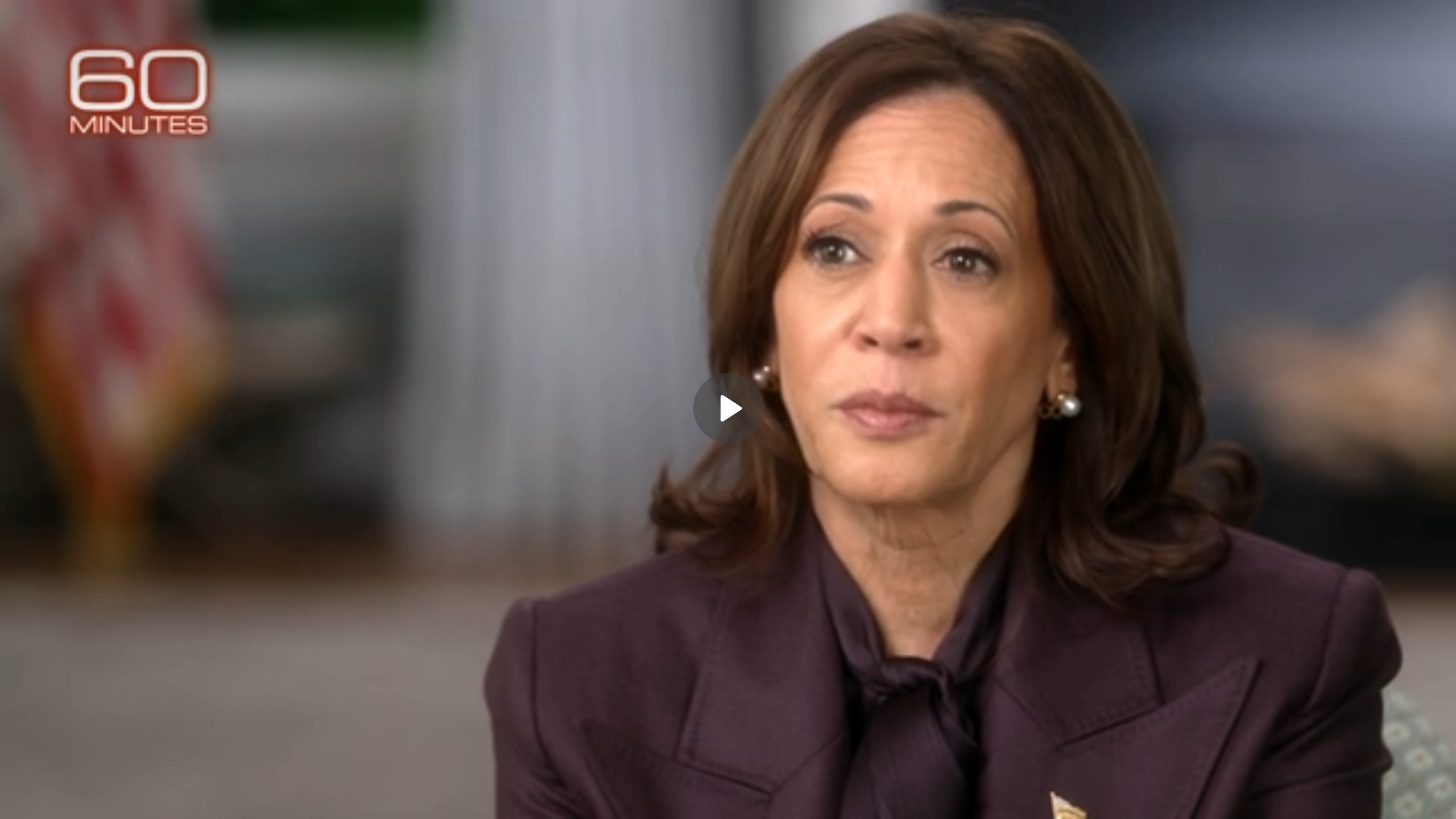FCC Commissioner Gomez Decries Escalation of Agency's CBS Investigation
CBS News plans to comply with an FCC letter demanding video and other materials relating to a ‘60 Minutes’ interview with Kamala Harris, per published reports

WASHINGTON, D.C.—The Federal Communications Commission investigation into CBS and an interview conducted by "60 Minutes" with vice president Kamala Harris during the 2024 presidential race has significantly escalated with news that the FCC sent a letter to CBS News demanding video, transcripts and other information about the interview.
The complaint against CBS, which was filed by the conservative group Center for American Rights, was dropped by former FCC chair Jessica Rosenworcel, who called it a violation of the broadcaster’s First Amendment rights. It was, however, quickly reinstated along by current FCC chair Brendan Carr as part of his new regulatory agenda.
President Donald Trump has sued CBS over how the Harris interview was edited. Carr has repeatedly said that the bias complaint against CBS is going to be part of the FCC’s review of the Paramount Global-Skydance merger. The FCC could derail the merger if it refuses to transfer ownership of the CBS-owned broadcast local stations.
In response to the letter, a CBS News spokesman has told The New York Times, “We are working to comply with that inquiry as we are legally compelled to do.”
According to the Times, the FCC asked for “the full, unedited transcript and camera feeds.”
The move drew a heated rebuke from FCC commissioner Anna Gomez, a Democrat, who said the investigation is part of a trend to “weaponize our broadcast licensing authority,” and “set a dangerous precedent that threatens to undermine trust in the agency’s role as an impartial regulator.”
“During these last two weeks, the FCC has shown a concerning pattern of implementing the will of the Administration on issues that go far beyond our core responsibilities,” Gomez wrote in a statement. “These actions disregard long-standing norms and ignore the mandate granted by Congress to the FCC to act as an independent agency. They also set a dangerous precedent that threatens to undermine trust in the agency’s role as an impartial regulator. This latest action to weaponize our broadcast licensing authority is no different. It revives a complaint that had been previously dismissed by FCC experts due to lack of evidence and because it fell far short of the high standard needed for agency action.”
Get the TV Tech Newsletter
The professional video industry's #1 source for news, trends and product and tech information. Sign up below.
Gomez concluded: “Let’s be clear. This is a retaliatory move by the government against broadcasters whose content or coverage is perceived to be unfavorable. It is designed to instill fear in broadcast stations and influence a network’s editorial decisions. The Communications Act clearly prohibits the Commission from censoring broadcasters and the First Amendment protects journalistic decisions against government intimidation. We must respect the rule of law, uphold the Constitution, and safeguard public trust in our oversight of broadcasters.”
George Winslow is the senior content producer for TV Tech. He has written about the television, media and technology industries for nearly 30 years for such publications as Broadcasting & Cable, Multichannel News and TV Tech. Over the years, he has edited a number of magazines, including Multichannel News International and World Screen, and moderated panels at such major industry events as NAB and MIP TV. He has published two books and dozens of encyclopedia articles on such subjects as the media, New York City history and economics.

